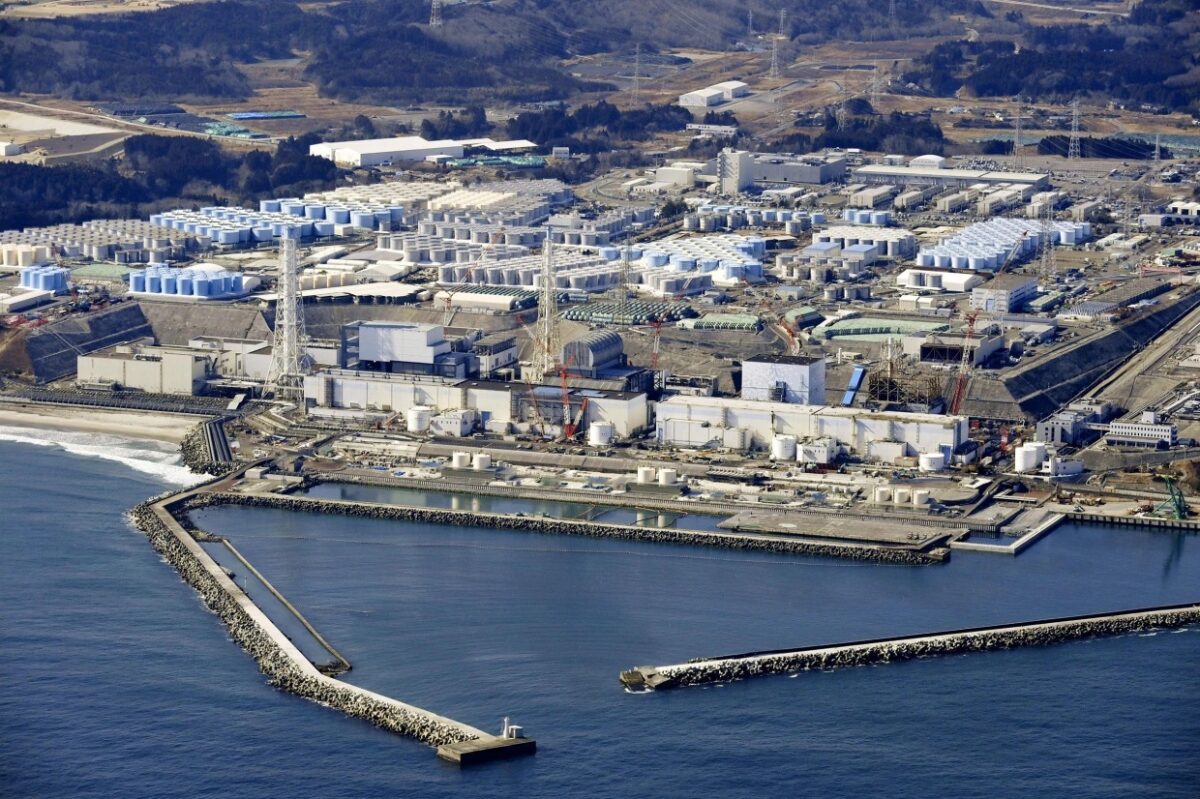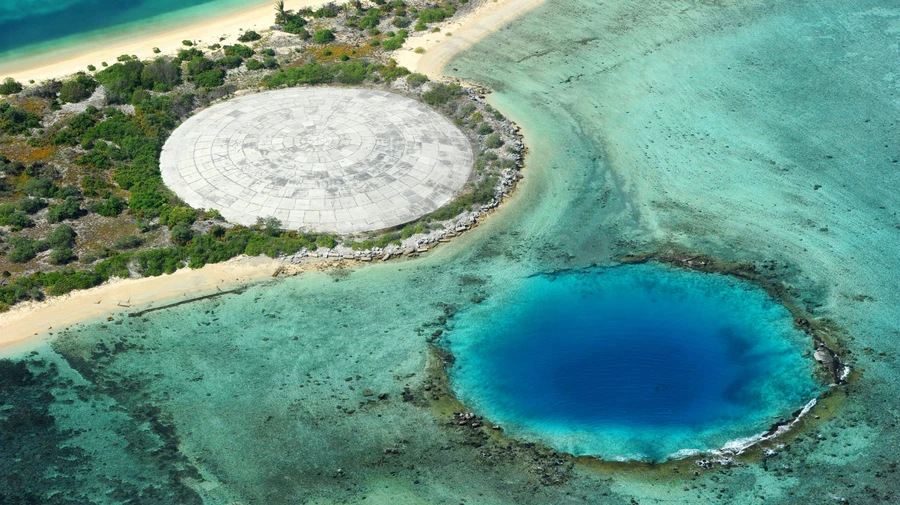The plan is described as “extremely selfish and irresponsible” by the Chinese Foreign Ministry spokesperson
The operator of Japan’s crippled Fukushima Daiichi nuclear power plant began trialing the equipment to discharge nuclear-contaminated water into the Pacific amid fierce opposition from home and abroad, local media reported Monday.
According to the national broadcaster NHK, Tokyo Electric Power Company (TEPCO) started the trial operation Monday morning which mixes fresh water and seawater that does not contain radioactive substances to confirm whether the sea discharge equipment can operate reliably.
The test run of the discharge facility is expected to last for around two weeks, it added.
Last week, TEPCO finished sending seawater into an underwater tunnel built in front of the nuclear plant for its planned discharge, adding it plans to complete all facility-related preparations by the end of this month.
Despite ongoing opposition from domestic experts, civic groups and fishery organisations, Japan has been rushing to dump the contaminated water into the ocean, which has also incited protests from neighbouring nations and communities within the Pacific Islands.
On Saturday, Japanese Industry Minister Yasutoshi Nishimura met with local fisheries representatives to seek their understanding for the planned release in Mito, Ibaraki Prefecture, where representatives expressed grave concerns over the move, saying “We’re absolutely opposed to the release.”
They said the plan to release the wastewater over decades is “fueling anxiety about the future and doubt about continuous fishing operations.”
“The ocean is humanity’s common good, not Japan’s private sewer,” Chinese Foreign Ministry spokesperson Wang Wenbin said on Wednesday, adding that it is “extremely selfish and irresponsible” for Japan to dump the nuclear-contaminated water into the ocean.
Hit by a magnitude-9.0 earthquake and an ensuing tsunami on 11 March 2011, the Fukushima Daiichi nuclear power plant suffered core meltdowns that released radiation, resulting in a level-7 nuclear accident, the highest on the International Nuclear and Radiological Event Scale.
The plant has been generating a massive amount of water tainted with radioactive substances from cooling down the nuclear fuel in the reactor buildings. The wastewater is now stored in about 1,000 storage tanks.
As Japan considers discharging into the sea as the cheapest option with the minimum risk of polluting Japan itself, “It is extremely selfish and irresponsible to let the whole world bear the cost and save money for Japan itself,” Chinese Foreign Ministry spokesman Wang said.
This story was originally published at Xinhua on 12 June 2023, reposted via PACNEWS.




